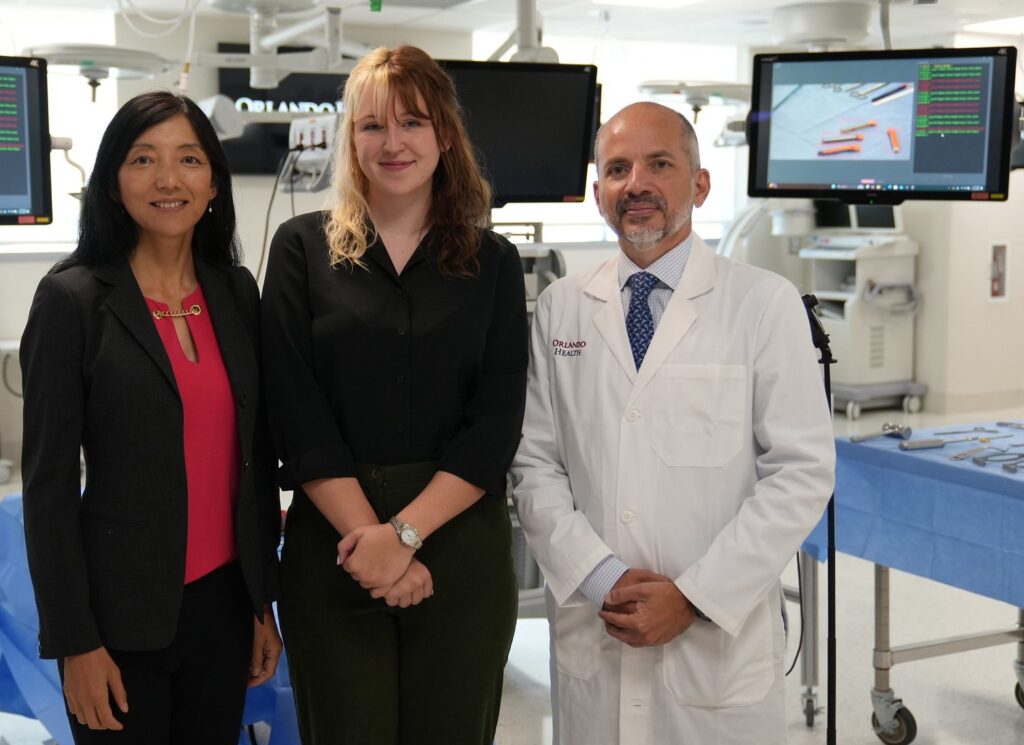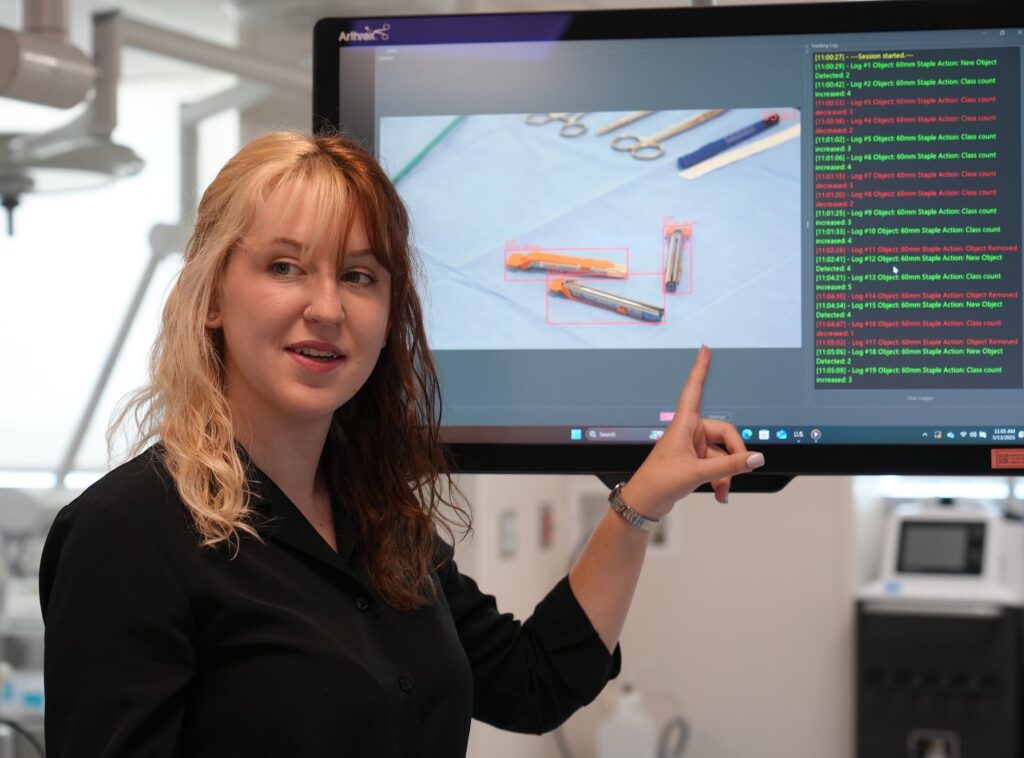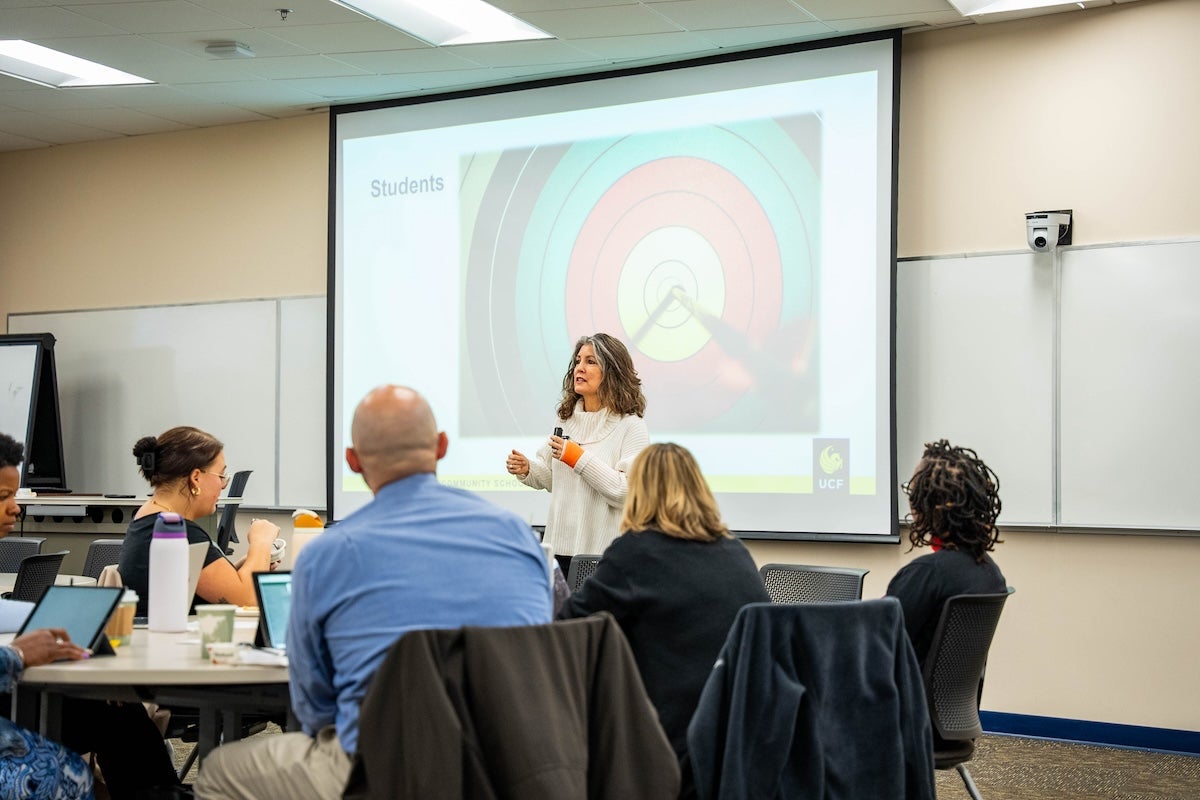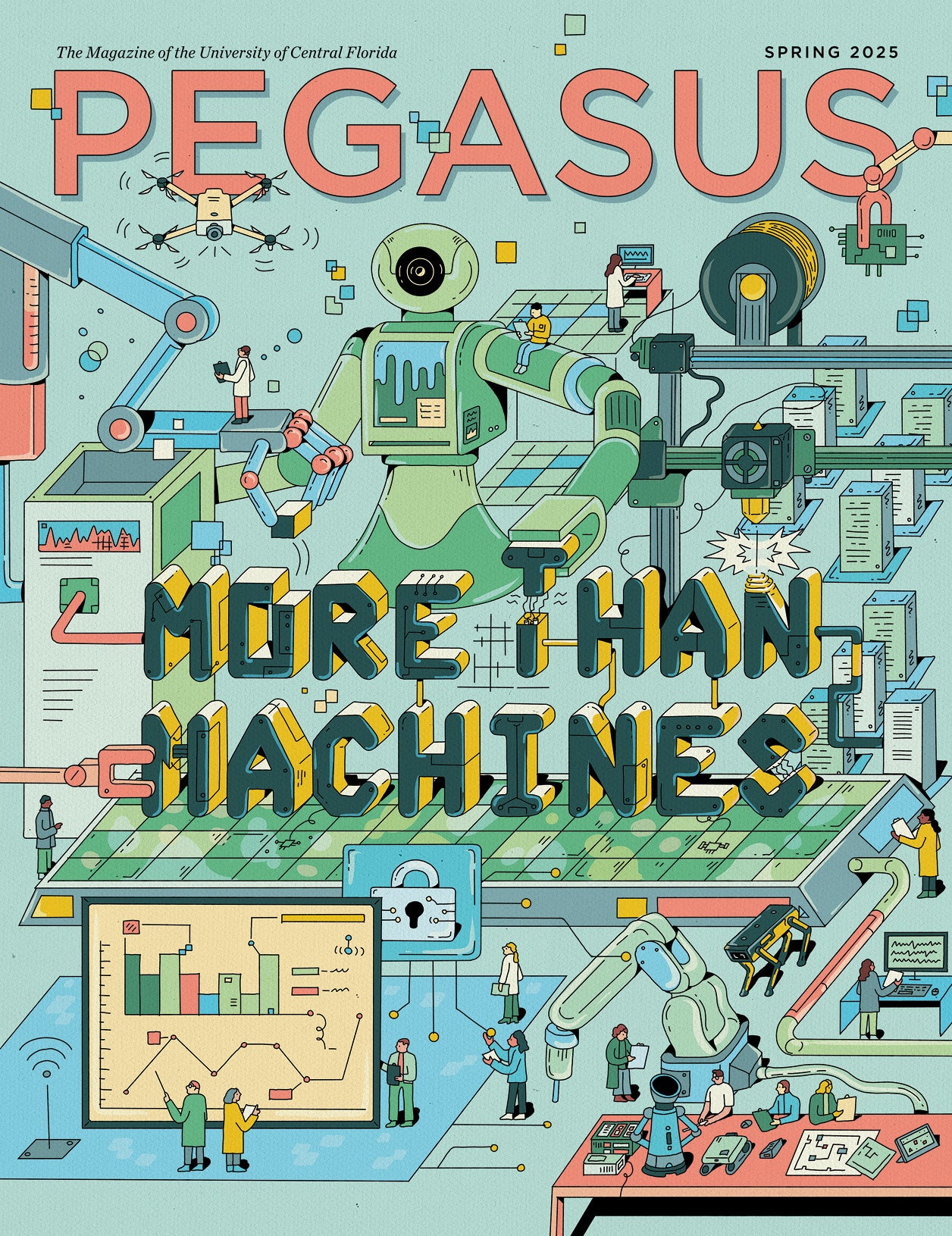## From Pixels to Reality: How UCF is Building the Robots of Tomorrow
Remember those clunky, pixelated robots from your favorite childhood video game? They might have been blocky and prone to glitches, but they sparked a fire in our imaginations. What if those robots weren’t just lines of code, but real, functioning machines? What if they could help us build, heal, explore, and maybe even play?

At the University of Central Florida (UCF), that “what if” is becoming reality. This isn’t just about building robots for the sake of building them. It’s about pushing the boundaries of what these machines can do, developing cutting-edge technology, and ultimately shaping the future of robotics.

Get ready to delve into the world of UCF’s groundbreaking research, where robots are evolving from fantastical ideas to tangible solutions for the real world.
Let’s explore how UCF is building more than just robotsInterdisciplinary Approach: A Foundation for Robotics Innovation
Blending Expertise for a Holistic Understanding

Roboticists don’t operate in a vacuum. Building intelligent machines requires a multi-faceted approach, weaving together expertise from diverse fields. UCF’s approach to robotics education reflects this crucial understanding, emphasizing the interconnectivity of software development, hardware engineering, and artificial intelligence (AI).
This collaborative spirit extends beyond the classroom. The Center for Research in Computer Vision at UCF, for instance, brings together researchers from computer science, electrical engineering, and biomedical engineering to push the boundaries of AI-powered vision systems for robots. This cross-pollination of knowledge fosters a deeper understanding of the complexities involved in creating truly autonomous and intelligent machines.

Real-World Applications: From Operating Rooms to Community Schools
Robotics in Healthcare: Enhancing Surgical Precision and Efficiency
The intersection of robotics and healthcare is rapidly transforming the way medical procedures are performed. A testament to this is a project spearheaded by UCF student Rachel Leiner, where her team developed an AI system called AIMS (AI for Medical Surgery). This innovative system, initially conceived as a solution to track cafeteria forks, evolved into a powerful tool for optimizing surgical procedures at Orlando Health.
AIMS utilizes a camera feed linked to a computer in the operating room, tracking the use of surgical staples during robotic surgeries. This data-driven approach allows surgical teams to operate more efficiently, reduce waste, and improve sustainability. Dr. Alexis Sanchez, robotic surgery program director at Orlando Health Orlando Regional Medical Center (ORMC), highlights the transformative potential of this technology: “Having this to be able to detect waste has incredible potential to improve both efficiency and sustainability.” This collaboration between UCF and Orlando Health exemplifies how robotics is being used to elevate healthcare standards and improve patient outcomes.

Empowering Community Schools: Bridging the Educational Gap
UCF is not only advancing robotics in the medical field but also leveraging its expertise to address educational disparities within underserved communities. Through the University-Assisted Community Schools initiative, UCF partners with school districts to provide additional resources and support to community schools across Florida.
This collaborative effort aims to create a more equitable learning environment for all students by providing access to technology, mentoring programs, and other essential resources. By integrating robotics into the curriculum, these schools can expose students to STEM fields, fostering innovation and critical thinking skills from an early age. As Amy Ellis, director of UCF’s Center for Community Schools, emphasizes: “We can’t expect students to be successful in the classroom if their basic needs aren’t being met. Community schools bring needed resources to the schools so students can learn, achieve and reach their greatest potential.”

UCF’s Impact: Shaping the Future of Robotics
Cultivating Innovation: Research Driving Robotics Advancement
UCF’s commitment to robotics extends beyond education. The university is at the forefront of robotics research, with faculty and students actively pushing the boundaries of what’s possible.
The Center for Research in Computer Vision, for example, is conducting groundbreaking research in areas such as object recognition, scene understanding, and autonomous navigation. These advancements have far-reaching implications for industries ranging from healthcare to manufacturing. UCF’s research initiatives are not only contributing to the advancement of robotics technology but also serving as a catalyst for innovation within the broader technological landscape.
Preparing for the Workforce of Tomorrow: Equipping Students for a Robotics-Driven World
As the demand for skilled robotics engineers continues to surge, UCF is playing a vital role in shaping the workforce of the future. The university’s new master’s in robotics and autonomous systems provides students with a specialized pathway to acquire the knowledge and skills necessary to thrive in this rapidly evolving field.
This program equips graduates with the expertise to design, develop, and implement cutting-edge robotics solutions across diverse industries. By fostering a strong foundation in AI, machine learning, and control systems, UCF is preparing graduates to become leaders in the robotics revolution.
Conclusion
## From Code to Creation: The Future is Now, Thanks to UCF
UCF’s dedication to pushing the boundaries of robotics isn’t just about building clever machines; it’s about building a better future. Through innovative research, cutting-edge facilities, and a passionate team of researchers, UCF is forging a path where robots seamlessly integrate into our lives, tackling challenges and enhancing our capabilities in ways we’ve only dreamt of. From precision medicine to disaster relief, the applications are vast and the potential, truly game-changing.
